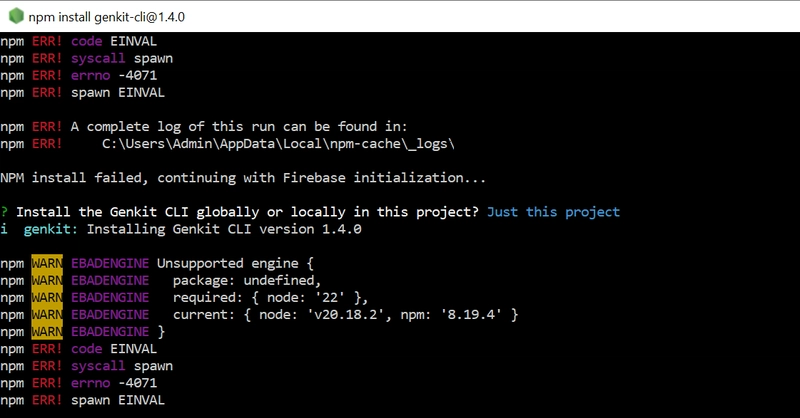The Power of Open Source in Enterprise Software
Introduction Open-source software has transformed the way enterprises build, deploy, and scale technology. No longer just a niche choice for developers, open-source solutions have become the backbone of modern enterprise IT, offering flexibility, security, and cost efficiency. Companies ranging from startups to Fortune 500 firms now rely on open-source software to power their operations, innovate faster, and reduce reliance on expensive proprietary solutions. This blog explores how open-source software is shaping enterprise solutions, its key advantages, and why businesses are increasingly adopting open-source alternatives. The Rise of Open Source in Enterprises Historically, enterprises preferred proprietary software due to the perception of better support, security, and reliability. However, the rapid adoption of cloud computing, AI, and DevOps has accelerated the shift towards open-source solutions. Today, organizations are leveraging open-source tools for operating systems (Linux), databases (PostgreSQL, MySQL), containerization (Docker, Kubernetes), and AI frameworks (TensorFlow, PyTorch).

Introduction
Open-source software has transformed the way enterprises build, deploy, and scale technology. No longer just a niche choice for developers, open-source solutions have become the backbone of modern enterprise IT, offering flexibility, security, and cost efficiency. Companies ranging from startups to Fortune 500 firms now rely on open-source software to power their operations, innovate faster, and reduce reliance on expensive proprietary solutions.
This blog explores how open-source software is shaping enterprise solutions, its key advantages, and why businesses are increasingly adopting open-source alternatives.
The Rise of Open Source in Enterprises
Historically, enterprises preferred proprietary software due to the perception of better support, security, and reliability. However, the rapid adoption of cloud computing, AI, and DevOps has accelerated the shift towards open-source solutions. Today, organizations are leveraging open-source tools for operating systems (Linux), databases (PostgreSQL, MySQL), containerization (Docker, Kubernetes), and AI frameworks (TensorFlow, PyTorch).




















































%20Abstract%20Background%20112024%20SOURCE%20Amazon.jpg)






















































































































![[The AI Show Episode 142]: ChatGPT’s New Image Generator, Studio Ghibli Craze and Backlash, Gemini 2.5, OpenAI Academy, 4o Updates, Vibe Marketing & xAI Acquires X](https://www.marketingaiinstitute.com/hubfs/ep%20142%20cover.png)
























































































































































































































































-Nintendo-Switch-2-–-Overview-trailer-00-00-10.png?width=1920&height=1920&fit=bounds&quality=80&format=jpg&auto=webp#)





















_Anna_Berkut_Alamy.jpg?#)













































































































![YouTube Announces New Creation Tools for Shorts [Video]](https://www.iclarified.com/images/news/96923/96923/96923-640.jpg)





































































![[Weekly funding roundup March 29-April 4] Steady-state VC inflow pre-empts Trump tariff impact](https://images.yourstory.com/cs/2/220356402d6d11e9aa979329348d4c3e/WeeklyFundingRoundupNewLogo1-1739546168054.jpg)





























































